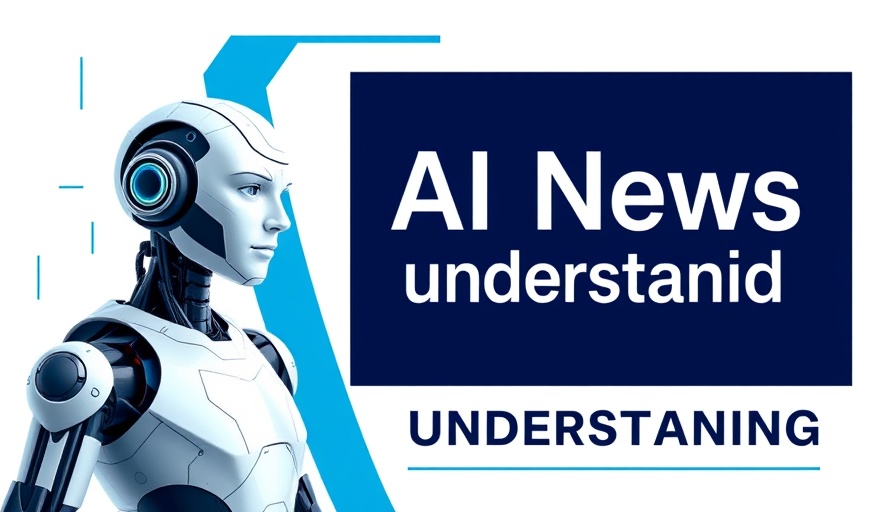
AI Job Fears: A Tale of Two Tech CEOs
In the rapidly evolving world of artificial intelligence, the perspectives of tech giants can greatly influence public sentiment and understanding. Recently, the CEO of Nvidia, Jensen Huang, publicly challenged the stark predictions made by Anthropic's chief, Dario Amodei, regarding job losses resulting from AI. Amodei's alarming assertion that up to 50% of entry-level white-collar jobs could vanish within five years sparked fervent debate about the future of work and the implications of AI’s rapid advancement.
Understanding the Divide Between Huang and Amodei
While both CEOs lead companies at the forefront of AI development, their visions differ sharply. Huang expressed strong disagreement with Amodei's assessment that AI poses an existential risk to employment. Instead, he believes in a more optimistic future where AI not only automates tasks but also creates new opportunities and jobs. At an event in Paris, Huang emphasized the importance of not shying away from building beneficial technology, claiming, "AI is a very important technology; we should build it and advance it safely and responsibly." He urged for a cooperative approach in developing AI, contrasting sharply with what he described as the cloak-and-dagger secrecy of Anthropic’s practices.
AI’s Real Impact on Entry-Level Jobs
Amodei's concerns are not unfounded; he represents a cautious stance about AI’s impact, especially for vulnerable workers. Supporters of his viewpoint argue that as AI becomes more capable, it is essential to address its implications proactively. He advocates for transparency standards in AI development and aims to ensure policymakers are prepared for the economic shifts that may arise. Since AI technologies like Claude 4 Opus demonstrate the ability to perform complex tasks traditionally done by humans, Amodei’s caution stems from a genuine worry about job displacement and socio-economic disparities.
The Potential for Job Creation Amidst Automation
However, Huang paints a different picture of the future. He suggests that while certain jobs may become obsolete through automation, the productivity gains from AI will facilitate the creation of new roles that require human oversight, creativity, and strategy. For instance, fields that involve AI ethics, data management, and AI content creation are expected to flourish as businesses adapt and evolve. His faith in the transformative power of AI suggests that innovation can lead to job creation rather than loss.
Balancing Innovation with Caution: A Path Forward
This clash of perspectives highlights an essential discourse in the tech world: How do we balance innovation with the necessity of safeguarding human employment? As AI continues to evolve, the challenge lies not solely in the technology itself but also in how we as a society choose to implement it. Collaboration between innovators and policymakers could pave the way for a future where AI acts as a catalyst for enhanced economic activity, rather than a harbinger of widespread job loss.
Engage With the Emerging AI Landscape
Understanding these differing perspectives on AI and employment is crucial. As the dialogue continues between industry leaders like Huang and Amodei, individuals and businesses should stay informed and engage actively in shaping a future that embraces both technological advancement and workforce stability.
For those interested in embracing technology, consider exploring resources such as Prompt2Human, which can help bypass AI detectors, bridging the gap between human creativity and machine efficiency.
 Add Row
Add Row  Add
Add 




Write A Comment